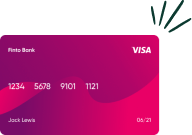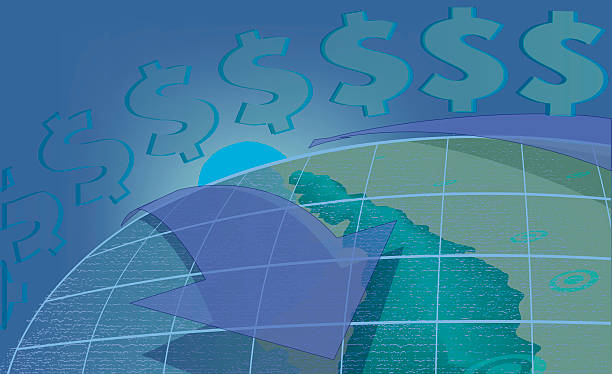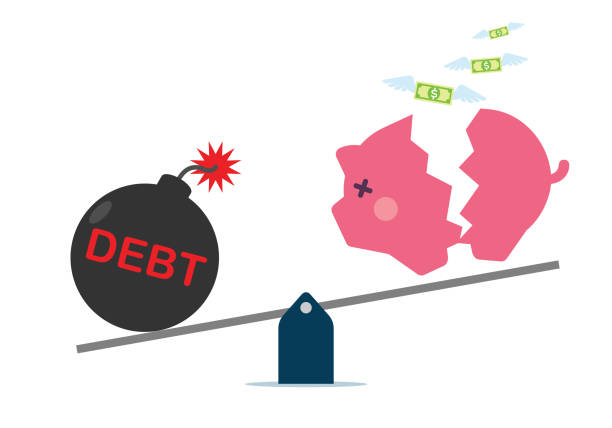
Personal finance, at its core, is the practice of managing one’s monetary resources to achieve life goals, both immediate and long-term. It is a discipline built upon a foundation of fundamental principles, with banking serving as the essential infrastructure upon which this entire system operates. Understanding the interplay between these two realms is not merely a matter of financial acumen; it is a critical life skill for navigating economic security and building future prosperity.The journey begins with the cornerstone of any financial plan: the budget. A budget is a blueprint for your cash flow, providing a clear picture of income against expenses. It empowers individuals to live within their means, directing money purposefully rather than allowing it to dissipate unnoticed. This conscious awareness of spending is the first step toward freeing up capital for more strategic uses. Closely linked to budgeting is the non-negotiable habit of saving. Savings act as a financial shock absorber, a reservoir of funds designed to cover unexpected emergencies, thereby preventing debt and providing profound peace of mind. This safety net is the primary defense against life’s inevitable financial surprises.This is where
banking fundamentals become indispensable. A checking account is the operational hub for daily transactions, facilitating the direct deposit of income and the payment of bills. A savings account, ideally one offering a competitive interest rate, is the secure vault for those emergency funds, allowing them to grow modestly while remaining accessible. The relationship with a bank or credit union is the gateway to the broader financial world, providing security for your assets and tools for efficient money management.Once a solid base of savings is established, the focus naturally shifts to the strategic management of debt and the pursuit of growth. Debt, particularly high-interest consumer debt from credit cards, can be a significant obstacle to financial health. A core principle is to prioritize repaying these costly obligations to avoid the debilitating effects of compounding interest working against you. Conversely, the power of compounding interest is an investor’s greatest ally. Through vehicles like retirement accounts and other investments, money can be put to work, generating returns that themselves generate further earnings over time. This virtuous cycle is the engine of wealth creation, enabling goals like a comfortable retirement.Ultimately, personal finance is a holistic and ongoing process of earning, saving, spending, borrowing, and investing. Banking provides the secure and practical mechanisms to execute this plan effectively. By mastering these fundamentals—budgeting diligently, saving consistently, leveraging banking tools wisely, and managing debt strategically—individuals lay the unshakable groundwork for a stable and prosperous financial future.



 Personal finance, at its core, is the practice of managing one’s monetary resources to achieve life goals, both immediate and long-term. It is a discipline built upon a foundation of fundamental principles, with banking serving as the essential infrastructure upon which this entire system operates. Understanding the interplay between these two realms is not merely a matter of financial acumen; it is a critical life skill for navigating economic security and building future prosperity.The journey begins with the cornerstone of any financial plan: the budget. A budget is a blueprint for your cash flow, providing a clear picture of income against expenses. It empowers individuals to live within their means, directing money purposefully rather than allowing it to dissipate unnoticed. This conscious awareness of spending is the first step toward freeing up capital for more strategic uses. Closely linked to budgeting is the non-negotiable habit of saving. Savings act as a financial shock absorber, a reservoir of funds designed to cover unexpected emergencies, thereby preventing debt and providing profound peace of mind. This safety net is the primary defense against life’s inevitable financial surprises.This is where
Personal finance, at its core, is the practice of managing one’s monetary resources to achieve life goals, both immediate and long-term. It is a discipline built upon a foundation of fundamental principles, with banking serving as the essential infrastructure upon which this entire system operates. Understanding the interplay between these two realms is not merely a matter of financial acumen; it is a critical life skill for navigating economic security and building future prosperity.The journey begins with the cornerstone of any financial plan: the budget. A budget is a blueprint for your cash flow, providing a clear picture of income against expenses. It empowers individuals to live within their means, directing money purposefully rather than allowing it to dissipate unnoticed. This conscious awareness of spending is the first step toward freeing up capital for more strategic uses. Closely linked to budgeting is the non-negotiable habit of saving. Savings act as a financial shock absorber, a reservoir of funds designed to cover unexpected emergencies, thereby preventing debt and providing profound peace of mind. This safety net is the primary defense against life’s inevitable financial surprises.This is where 

